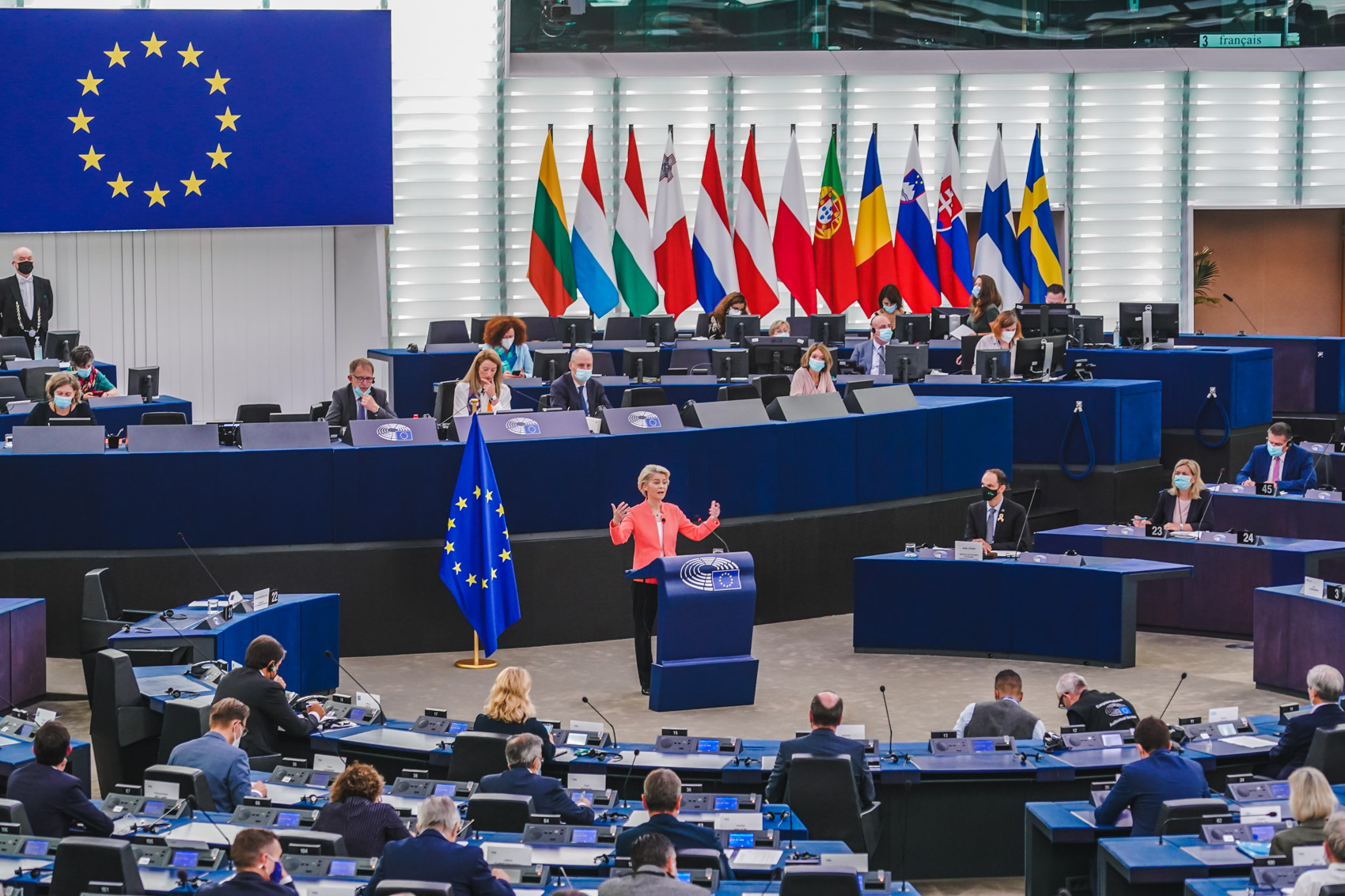In a tradition echoing the State of the Union (SOTU) address delivered by American presidents, Ursula von der Leyen, the chief of the European Commission - the governing body of the European Union, recently presented her State of the European Union (SOTEU) for 2023. For those unfamiliar with the intricacies of European politics, this annual address serves as a reflection on the EU's achievements, challenges, and future aspirations. But more than that, it sends signals to the world, outlining the EU's stance on global issues and its relationships with major powers.
The 2023 SOTEU came at a pivotal time. With the looming European elections in 2024, there's speculation that this might be von der Leyen's last address, unless she seeks a second term. The undertones of the speech seemed to suggest a preparation for continuity, with a focus on the Commission's accomplishments under her leadership.
One of the prominent messages was the EU's readiness to face the challenges posed by artificial intelligence. This is a clear nod to the global tech race, especially with giants like the USA and China. By emphasizing the impact of AI and technology on the European Union, von der Leyen is signaling the EU's intent to be at the forefront of technological advancements, ensuring that Europe remains competitive on the global stage.
Trade and competition were also central themes. Von der Leyen's remarks on ensuring fair competition and addressing unfair trade practices were unmistakably directed at major economies, notably China. Recalling the impact of China's trade practices on the EU's solar industry, the message was clear: the EU is keen on protecting its industries and ensuring a level playing field. This stance is likely to resonate with countries in the BRICS group, especially India and Brazil, who have had their own trade skirmishes with China.
The European Green Deal, a cornerstone of von der Leyen's tenure, was highlighted as a beacon of the EU's commitment to a sustainable future. While this is an internal policy, its implications are global. The EU's push for a carbon-neutral future sends a message to countries across Asia, many of whom are grappling with the challenges of balancing development with sustainability.
Von der Leyen's emphasis on unity and resilience, especially in the face of challenges like the COVID-19 pandemic and the situation in Afghanistan, is a testament to the EU's commitment to global cooperation. Her call for the EU to consider enlargement, possibly hinting at countries like Ukraine, sends a strategic message to Russia and underscores the EU's intent to expand its influence and values.
Lastly, the underlying theme of the SOTEU seemed to be a preparation for a second term in office. Von der Leyen highlighted the Commission's achievements, from navigating the storms of Brexit and the pandemic to steering the EU towards a carbon-neutral future. Her leadership, which has seen the EU through tumultuous times, has earned her respect not just within the EU but also from international partners like the United States.
In conclusion, the 2023 SOTEU was not just a reflection of the EU's journey but a clear signal of its intent to be a major player in global politics. As the world watches, the European Union, under the leadership of Ursula von der Leyen, seems poised to take on the challenges of the future, fostering cooperation, and championing its values on the global stage.









